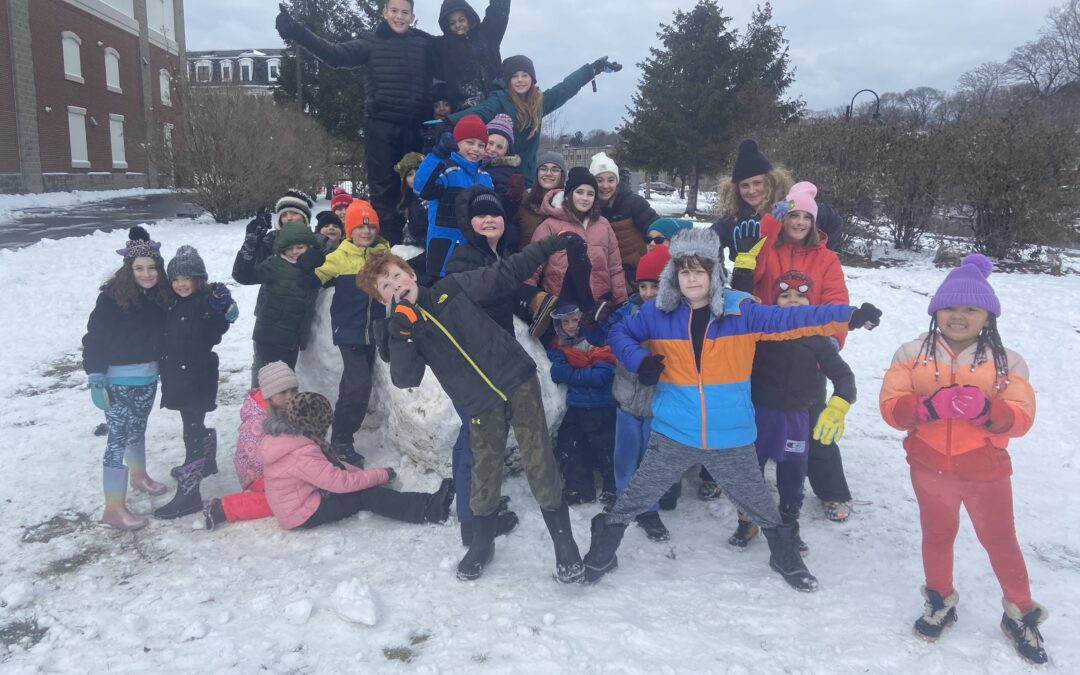Recess is not just a time for kids to blow off steam; it’s an essential part of their overall well-being. It’s a break in their day that allows them to recharge and refocus, and it’s especially crucial for kids in elementary and middle school.
There’s a lot of debate surrounding the necessity of recess, with some educators and parents arguing that it’s a waste of time and takes away from important academic instruction. However, studies have consistently shown that recess actually has a positive impact on academic performance. In fact, a study by the American Academy of Pediatrics found that “recess time should be considered an essential part of the school day, like lunch or math class.”
But it’s not just academic performance that’s improved by recess. Kids also benefit from the physical activity, socialization, and creative play that recess provides. It’s a chance for them to run around, play games, and engage in imaginative play with their peers. It’s a time when they can learn important social skills like communication, cooperation, and conflict resolution.
Unfortunately, not all schools prioritize recess, and some have even eliminated it altogether. This is a concerning trend, as it deprives kids of an essential part of their day. Without recess, kids may struggle to focus in class, experience more stress and anxiety, and miss out on important opportunities for physical activity and socialization.
At our private school, we understand the importance of recess, which is why we make it a priority for our students. We may not have giant sports fields or fancy playgrounds, but we believe that creativity and resourcefulness can lead to unexpected adventures and opportunities. We take our students to local community locations like High St Park, the Salem Commons, and the Salem Bike Path for their recess and sports experiences.
By taking our students out of the traditional school setting, we not only give them a chance to move their bodies and engage in creative play, but we also teach them important life skills like adaptability, problem-solving, and community involvement. We show them that you don’t have to have access to everything right in your schoolyard, but that you can find opportunities for fun and learning in your local community.
In conclusion, recess is not just a frivolous break in the day; it’s a crucial part of a child’s overall well-being. Kids need the chance to move their bodies, engage in creative play, and socialize with their peers. Without recess, they may struggle in school and miss out on important opportunities for growth and development. As educators and parents, it’s our responsibility to prioritize recess and ensure that all kids have access to this essential part of their day.

